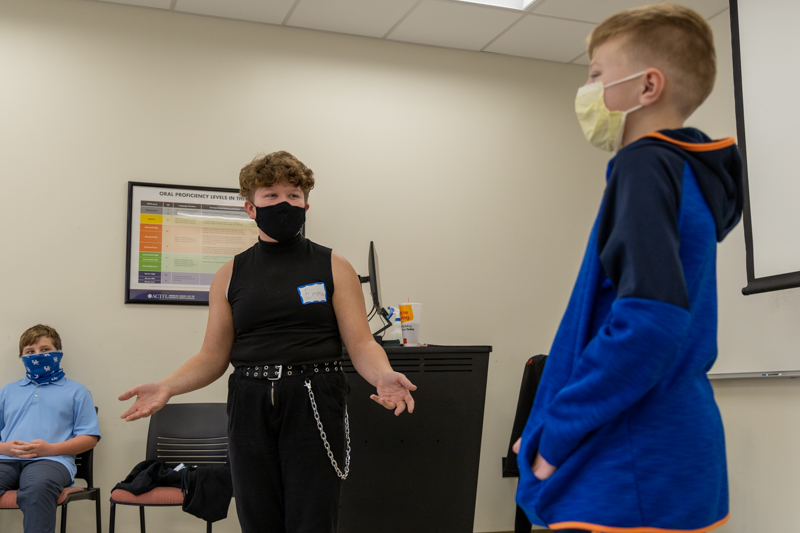Can you recommend some resources to motivate an underachieving gifted student?
Dear Dr. Courtright,
Information you’ve shared in the past about traits of gifted students was right on point for my son, who is in the 8th grade and in the TIP program. It was also highly aligned to struggles my husband and I have had with positive and negative traits. I desperately need some resources and more information that can help us accentuate the positive and reduce the negative. Do you have anything you can recommend? One of our biggest struggles with him is around sliding school grades because of incomplete or missing homework. He can usually ace the test, but the homework brings his average down. He just doesn’t want to do it or do it well because it’s “boring.” I recognize these as gifted student traits, and we are less concerned about the grades themselves than the pattern being created that will not serve him well in life and when grades really matter for college entrance and scholarships. Do you have any suggestions?
T.J.
Dear T.J.,
Regarding your questions about resources and suggestions, I’m not certain about the degree of the severity of the problem. So if I offer a resource that’s over the top, please accept my apology in advance. One of the researchers/writers in gifted education who has produced much about gifted students who don’t do well in school is Dr. Sylvia Rimm. Her book, Why Bright Kids Get Poor Grades offers strategies she has used with families (notice it’s not just youngsters, it’s the parents as well who receive guidance/advice on strategies) to address the student’s underachievement. Carolyn Coil has also produced a book titled Motivating Underachievers, but that has been developed more for teachers with classroom/instructional strategies rather than the parent perspective.
In a more scholarly vein (which may not be what you want or need) Drs. Sally Reis and Betsy McCoach of the University of Connecticut prepared a monograph about underachievement that is housed on the Davidson School website (http://www.davidsongifted.org/db/Articles_id_10094.aspx).
Of these resources, I believe that Rimm’s work would be most helpful.
On the web, Hoagies’ Gifted Page has gathered information from a variety of sources, some of which are more helpful than others. Hoagies’ is a site developed by parents for parents. There is a page specifically designated for the topic of underachievement (http://www.hoagiesgifted.org/underachievement.htm), and you may find some of the resources there helpful.
My last thought I have to offer is to quiz him regarding where he wants to go and what he wants to do (if, that is, he has an idea of what that may be…).
Often, young people don’t see the connections we adults perceive as obvious – if he wants to go to Duke or a similarly selective university, helping him to understand how stringent the requirements for admission are, and where he currently stands in relation to those requirements, may lead to the proverbial light bulb “switching on.” If he can be led to see the connection between what he wants, and what you and the school expect from him, he may rally to the call.
Sincerely,
Rick Courtright
Gifted Education Specialist
Duke TIP

